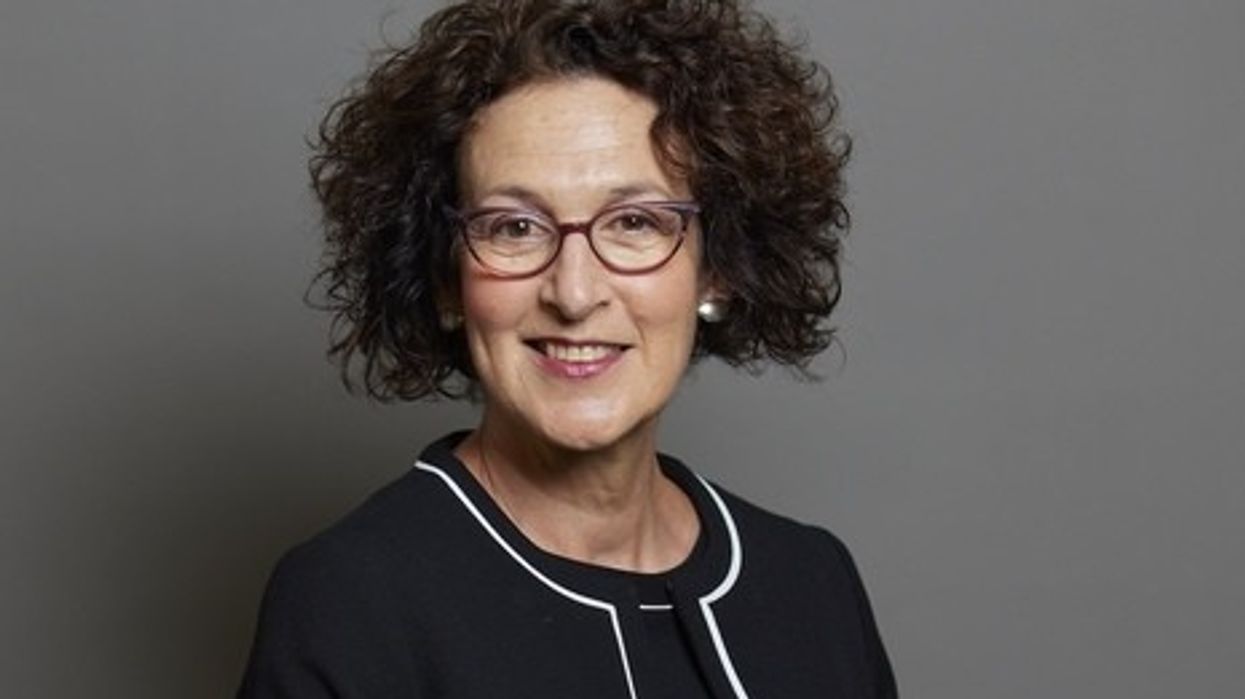Baroness Merron on Monday (9) assured the House of Lords that the government is taking measures to mitigate the shortage of pancreatic cancer drug Creon across the country.
Raising the issue, Baroness Margaret Ritchie wanted to know about the steps being taken by the government to ease the misery of patients suffering from pancreatic cancer.
In her reply, health minister said that Creon stock is regularly being delivered to pharmacies, but supply constraints remain for the higher-strength product, while there is sufficient stock of the lower-strength variety.
She claimed that alternative products and unlicensed imports are also available, and the NHS has been permitted to prescribe them and utilise serious shortage protocols to ensure that the medicine reaches all the needy patients.
The government is working on improving the long-term supply of Creon, she added.
Baroness Ritchie wanted to know whether the government has plans to permit highly trained pharmacists to use their professional judgment to supply alternative medicines, where that is medically safe and appropriate.
The minister clarified that serious shortage protocols enable community pharmacists to supply a specified medicine or device in accordance with a protocol rather than a prescription, with the patient’s consent, without authorisation from the prescriber.
She also said that the government is "examining options around pharmacists’ flexibilities, including how any risks could be managed, and further details will be set out on this."
Another Conservative party member Lord Kamall wanted to know when the shortage of Creon will end.
The minister assured that the supply situation has improved from last year and only the higher-strength products continue to be in short supply.
Lord Scriven of the Liberal Democrats drew attention to last month's National Pharmacy Association survey, which said that 96 per cent of community pharmacies were finding it difficult to get Creon stocks, and 89 per cent were struggling to procure alternatives.
The minister admitted that there are very limited manufacturers of pancreatic enzyme replacement therapy in the UK, and the government is reviewing non-UK suppliers, who have expressed an interest in bringing their products to the UK.
She pointed out that the medicine supply chains are complex, global and highly regulated, "So there are a number of reasons why supply can be disrupted and a number of reasons why supply might not be specifically as we would like. Unfortunately, some of those are out of government control."
But she assured that the government can take "as many steps as possible".
Creon is a pancreatic enzyme replacement therapy, which helps people living with conditions such as cystic fibrosis, pancreatitis, and pancreatic cancer to digest food.












